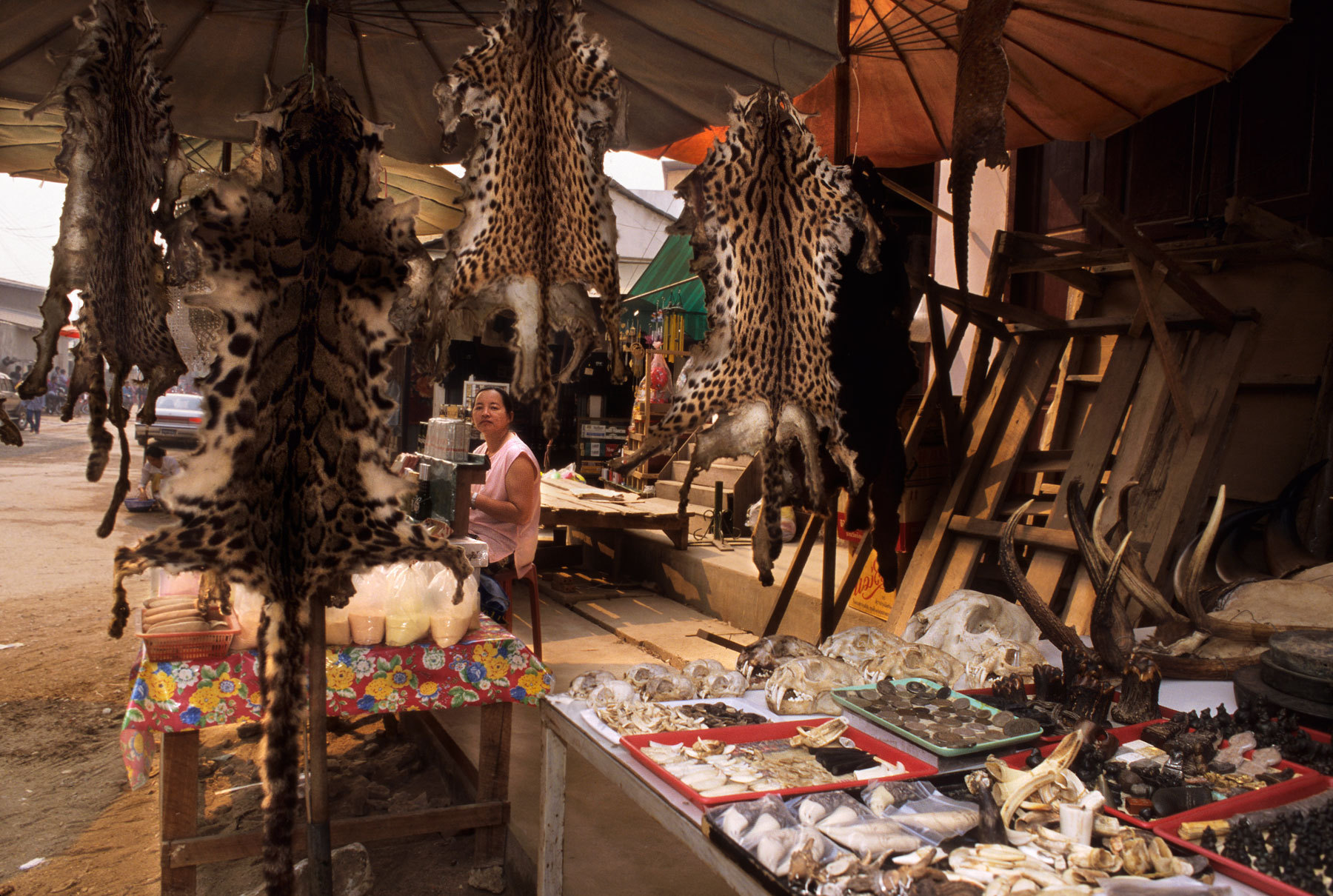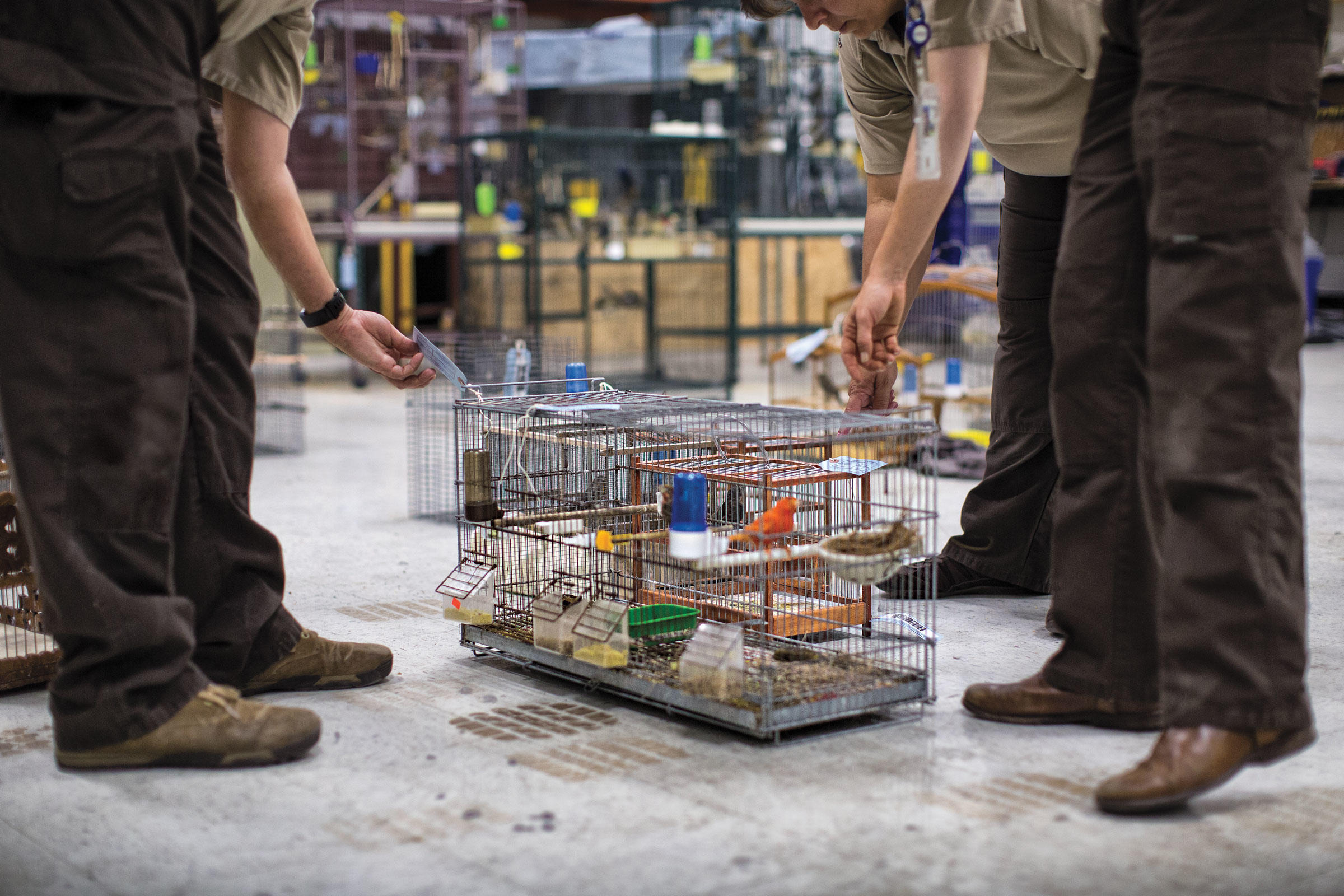Wildlife conservation experts call for a global ban on wildlife trade
[Editor’s Note]: On January 26th, the State Administration of Market Supervision of China, the Ministry of Agriculture and Rural Affairs and the National Forestry and Grassland Administration issued a notice saying that in order to prevent the pneumonia epidemic in novel coronavirus and block the possible sources of infection and transmission routes, wildlife trading activities were banned nationwide from the 26th until the national epidemic was lifted. After the announcement, all provinces and cities actively responded and adopted corresponding management measures. Recently, Neil D&rsquo, director of global wildlife research for the World Society for the Protection of Animals; Dr. Cruze also published a document expressing the professional views and opinions of scientists.
In response to the deadly novel coronavirus outbreak, China took action at an unprecedented speed and made a commendable and brave decision — — Impose a temporary ban on all wildlife trade nationwide. It is estimated that 70% of all emerging diseases are originated from wild animals. Undeniably, in recent decades, the growth of global wildlife trade (whether legal or illegal) has also become one of the disease transmission mechanisms that the world is increasingly concerned about.

On January 29th, citizens passed the Wuhan South China Seafood Wholesale Market, which had been closed. Xinhua News Agency reporter Xiong Qishe
After all, in a typical vegetable market, animals suffer terrible pain, and there are no proper biological safety measures, which provides an excellent opportunity for pathogens (such as viruses) to mutate and spread. In the market, animals with weak immunity are subjected to the pressure and trauma caused by wild capture or intensive artificial reproduction, and can only sit in their own urine and waste. This is a very common phenomenon, and close contact with humans may cause disasters.
In modern society, as people capture wild animals from natural habitats and transport and trade dead or alive wild animals to different parts of the world by land, sea and air, such threats have expanded to a global scale. There are many factors that can affect a country’s risk of transmitting zoonotic diseases from wild animals and its ability to cope with the consequences. For example, according to the number of animals traded, our recent review of the trade database of the Convention on International Trade in Endangered Species of Wild Fauna and Flora identified many countries worthy of attention. As the largest exporter of live mammals, China only traded 98,979 live mammals between 2011 and 2016, accounting for 58.7% of the total global trade listed in this international treaty.
However, this is not just a number. A new deadly disease, such as coronavirus, can appear from an animal, and it can also be hidden in wild animal markets like Wuhan all over the world. There is a great possibility that this situation will continue and it is a real threat.

One green planet map of a wildlife market in Myanmar
So what should I do? Instead of simply treating wild animals as "disease bags", trying to eliminate pathogens or selectively hunting wild animals with pathogens, trying to reduce the contact between wild animals and people may prove to be the most practical and lowest-cost method to reduce the global human health risks.
In the long run, we need to meet consumers’ demand for wild animals and their body parts. In the short term, a trade ban, such as the one currently implemented in China, will help to reduce the spread of diseases. However, if they are to be fully effective, these bans should be global and based on demand reduction.
China’s national ban on wildlife trade will save millions of wild animals from suffering, and they will no longer be regarded as exotic pets, traditional medicines and meat. Crucially, this will also stop the harsh treatment they suffer in transportation and markets, where the living environment is a hotbed of deadly diseases. It remains to be seen whether the ban will be made permanent and whether appropriate measures will be taken to protect the welfare of animals that have been caught in the wildlife trade. However, in the short term, it will undoubtedly protect wildlife and human beings.

Wild birds rescued from Miami’s black market were put into clean cages.
The regulation of wildlife trade involves many issues, from animal welfare to protection and ethics, but as we have seen so far, the risks posed by pathogens (and emerging zoonoses) may not be underestimated and need to be solved urgently.
References:
Can E, D’ Cruze N, Macdonald DW. Dealing in deadly pathogens: Taking stock of the legal trade in live wildlife and potential risks to human health. Glob Ecol Conserv. 2019; 17. doi:10.1016/j.gecco.2018.e00515